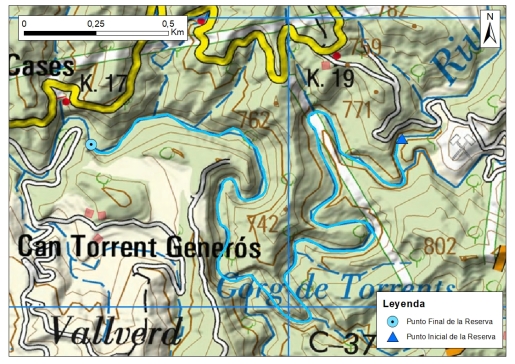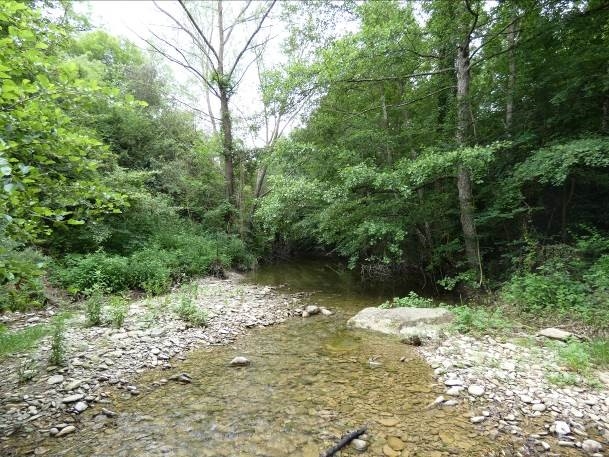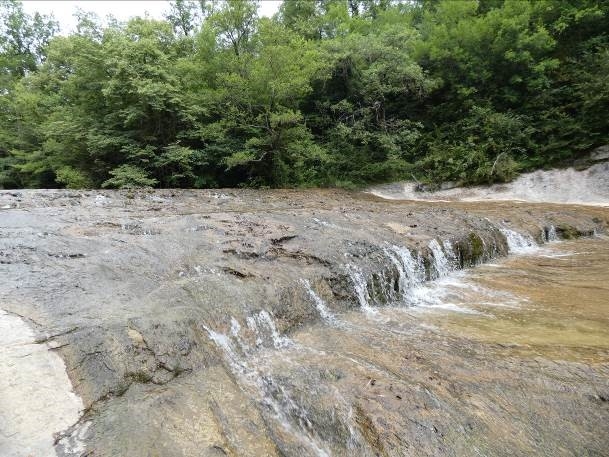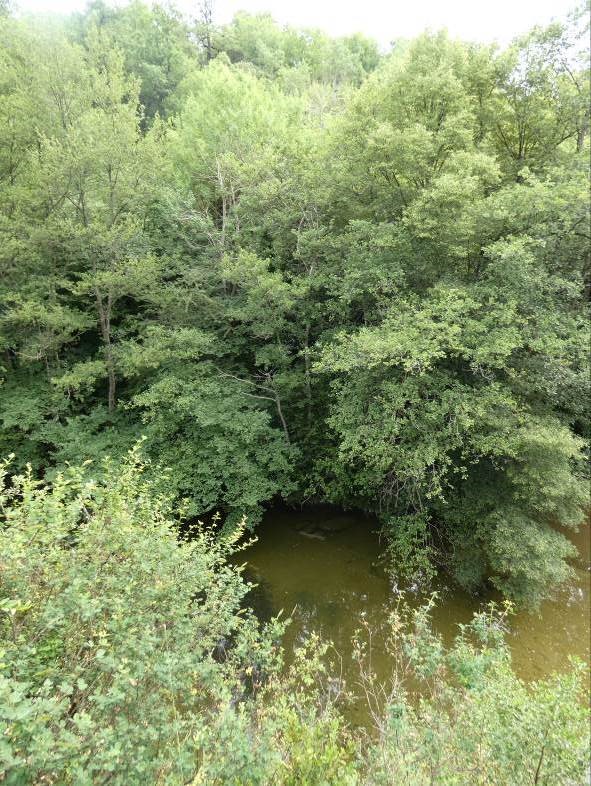-
- Water Status and Quality Monitoring Programmes
- Groundwater Status and Quality
- Superficial Water Status and Quality
- Protection of water from nitrates and pesticides
- Protección de las aguas frente a la eutrofización
- Contaminantes emergentes
- Especies invasoras en medios acuáticos continentales.
- Instructions, guidelines and protocols for measure and sample taking
- Archivos digitales de aguas subterráneas (ADEPAS)
-
- Hydrological Bulletin
- Assessment of natural regime water resources (SIMPA)
- Hydrology Yearbook Information System
- Sistema Automático de Información Hidrológica (SAIH)
- Evaluación de los Recursos Hídricos Procedentes de la Innivación (ERHIN)
- Official Network for monitoring the Quantitative Status of Groundwater
- Predicción estacional
- App infoAGUA
-
- Primera convocatoria ciclo urbano del agua
- Segunda convocatoria ciclo urbano del agua
- Primera convocatoria regadío
- Segunda convocatoria regadío
- Conferencia Sectorial de Medio Ambiente: distribución territorial de fondos del PERTE de digitalización del ciclo del agua
- Tercera convocatoria del ciclo urbano del agua
- Conexión Agua
Reserva Natural Fluvial Río Fornés

La Reserva Natural Fluvial Río Fornés se inicia en las inmediaciones del Camp Gran, donde el valle se hace más estrecho, discurre de forma meandriforme por una zona forestal; y finaliza en la zona de Can Torrent Generós, donde el valle se va abriendo y los márgenes pierden inclinación y altura respecto al cauce.
El río es de régimen permanente y transcurre encajado en la mayor parte de su recorrido. Presenta pozas profundas y orillas de roca madre. El cauce se encuentra flanqueado por un bosque caducifolio mixto con abundancia de diferentes especies de ribera como el aliso (Alnus glutinosa). Destacar la presencia de varias especies de interés por ser raras o bastante raras en Cataluña como son el Acer monspessulanum, Alliaria petiolata o Mercurialis perennis.
De las presiones e impactos localizados en la reserva, solo se aprecia cierta afluencia de visitantes, de muy bajo impacto, debido a la pesca o a la zona de baño. El estado de conservación general de la reserva es muy bueno.

Reserva Natural Fluvial Río Fornés
 Reserva Natural Fluvial Río Fornés
Reserva Natural Fluvial Río Fornés
 Reserva Natural Fluvial Río Fornés
Reserva Natural Fluvial Río Fornés
 Reserva Natural Fluvial Río Fornés
Reserva Natural Fluvial Río Fornés
 Reserva Natural Fluvial Río Fornés
Reserva Natural Fluvial Río Fornés
Descarga cartografía
-
1 ZIP
Ficha y plano
-
1 PDF ficha
-
1 PDF plano
This page provides information on cookies we use: We use our own and third-party cookies to keep your session active, personalise your experience, and collect anonymous statistics about how you use this website. You can choose to accept all cookies or select which types you'd like to allow. To learn more about the cookies we use, read our Cookies Policy.
We use two types of cookies on this site. First, there are Functional Cookies, which are essential for the website to work properly. They store session data to make your experience smoother and more convenient. On the other hand, Analytical Cookies collect information about how you use the portal, without personal data, helping us provide a better and more tailored service.
Introduction to the Use of Cookies on the MITECO.gob.es Website
Cookies are small files that are stored on your device when you visit a webpage. They are essential tools that help provide many of the services available on the information society. Among other things, cookies allow a webpage to store and retrieve information about a user's browsing habits or their device. Based on this information, they can be used to recognise the user and enhance the service provided.
Types of Cookies
Depending on the entity that manages the domain from which the cookies are sent and processes the data, there are two types of cookies: first-party cookies and third-party cookies.
There is also a second classification based on how long the cookies remain stored in the user's browser: session cookies and persistent cookies.
Finally, cookies can also be classified into five types based on the purpose for which the data is processed: technical cookies, personalisation cookies, analytics cookies, advertising cookies, and behavioural advertising cookies.
For more information on this, you can refer to the Guide on the use of cookies from the Spanish Data Protection Agency.
Cookies used on the website
The web portal of the Ministry for Ecological Transition and the Demographic Challenge uses Adobe Analytics, an analytics tool that helps website and application owners understand how visitors interact with their content. Adobe Analytics uses a small number of cookies to collect data and generate usage statistics for websites. This information is sent anonymously and is not shared with third parties under any circumstances. You can choose to accept or reject these cookies, as they do not affect the portal’s functionality. However, they help provide valuable information that allows us to offer a better and more tailored service. For more information about Adobe Analytics cookies and privacy, please refer to the following links:
Additionally, pages featuring content from social network X will only set cookies if the user is logged into the X site. For more details on these cookies, please refer to the following link: Privacy on Social Network X
Finally, a technical cookie named MITECO-compliance is stored, which is a first-party, technical, and session-based cookie. It manages user consent for the use of cookies on the website, remembering which users have accepted them and which have not, ensuring that those who have accepted are not shown cookie consent messages at the top of the page. This cookie is essential for the proper functioning of the portal.
Cookies Policy Acceptance / Rejection
The Ministry for Ecological Transition and the Demographic Challenge gives you the option to accept or reject cookies that are not essential for the portal's operation. Upon accessing the portal, a message will be displayed in the centre of the page with information about the cookie policy and the following options:
· Firefox
· Chrome
· Safari